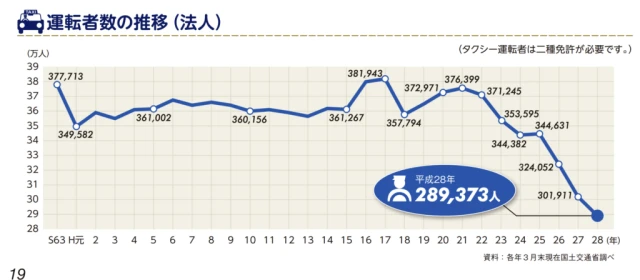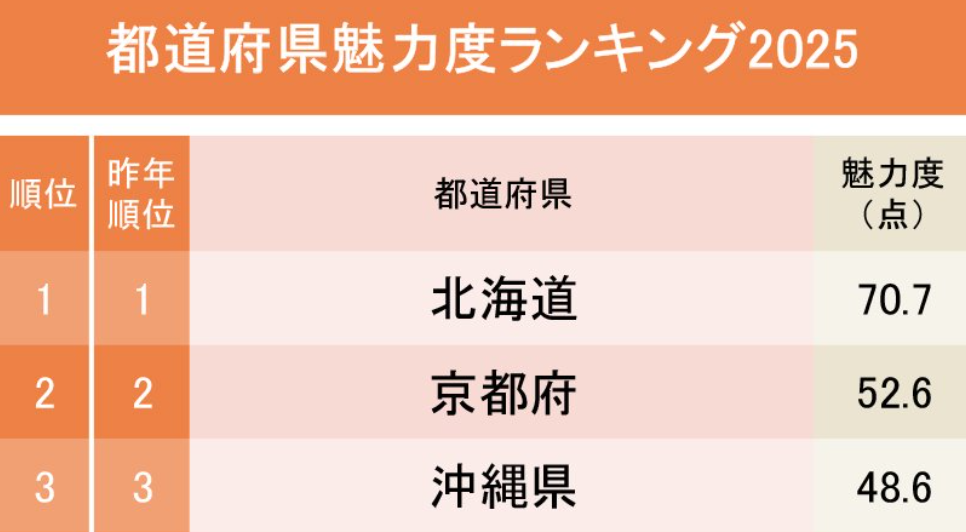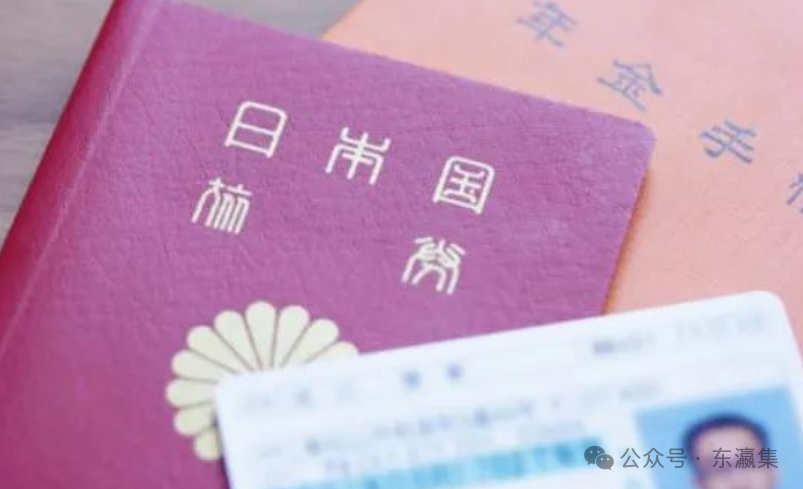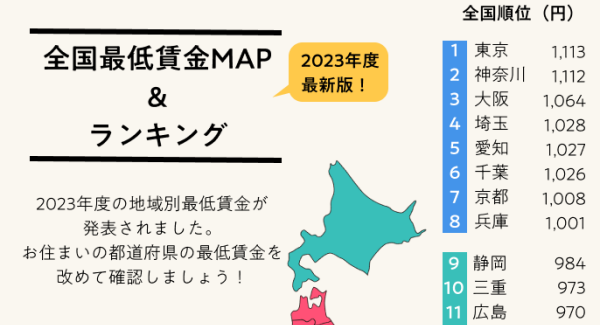The Ministry of Land, Infrastructure, Transport, and Tourism in Japan has begun considering the use of foreign drivers to operate trucks, buses, and taxis due to severe labor shortages in these sectors. Currently, the ministry is collaborating with the Immigration Bureau to add "automobile transportation" to the "Specific Skills" residence status, allowing foreign workers prepared for employment in industries facing labor shortages to be received.
Because of Japan's declining population, the domestic labor force shortage is a pressing issue, prompting policies to seek foreign human resources for employment, which may expedite the process.

Starting from April 2024, truck drivers will be limited to working a maximum of 960 overtime hours annually. Concerns have arisen that the labor shortage may worsen, causing difficulties in transporting both people and goods to meet the demands of the "2024 problem."
In their 2023 business plans formulated in the spring of this year, the All Japan Truck Transport Association, the Japan Bus Association, and the National Taxi Association explicitly stated that they will request the addition of drivers to the Specific Skills list. To achieve this, the Ministry of Land, Infrastructure, Transport, and Tourism has identified the expected labor shortage scale and the number of foreign workers to be received over the next five years and is developing driver skills tests tailored to industry types, including tasks like loading and unloading luggage and communicating with customers.
A Sudden Decrease in Drivers
ccording to statistics from the Ministry of Health, Labor, and Welfare, the ratio of job openings to job seekers in July this year was as follows: 2.14 times for trucks, 2.29 times for buses, and 4.15 times for taxis, far exceeding the average for all occupations (1.15 times), including part-time drivers.
Changes In the Number of Taxi Drivers
Currently, labor shortages are quite severe in various industries in Japan, especially in the taxi industry. The average age of drivers (as of 2013) is 58.3 years, with the elderly being the backbone of the industry. In the fiscal year 2011, there were approximately 340,000 drivers (company-owned taxis), but in the fiscal year 2021, there were only about 220,000, a decrease of over 30% in ten years. The Japan Taxi Association stated, "In recent years, as more elderly drivers have retired due to concerns about contracting COVID-19, the number of elderly drivers has sharply decreased.

To become a driver in Japan, one first needs to obtain a Japanese driver's license. However, for passenger-carrying buses and taxis, you must obtain a Class 2 driver's license. The examination for this license is conducted only in Japanese, which poses a significant barrier for foreigners. Japanese authorities are also considering how to provide support for foreigners facing "language barriers" when taking these exams and taking comprehensive measures to ensure safe driving. Some are calling for the establishment of a training system for foreign drivers, but the main challenge lies in how to design such a system, which is a significant dilemma for the Japanese government.
Specific Skills
Specific Skills is a visa system introduced by Japan to attract foreign labor. The government set a goal to attract a maximum of 345,150 foreign workers in 12 job fields such as nursing, dining, and construction within five years when launching the system in 2019. As of the end of June this year, the actual number reached is approximately 170,000.
The maximum numbers for the fiscal year 2024 and beyond will be determined by the Japanese Cabinet based on past five-year enrollment in each field during this fiscal year. However, an official from the Immigration Bureau stated, "Our intention is not to employ foreigners cheaply but to create a win-win situation for both Japanese and foreign nationals."
Including "automobile transportation" in the Specific Skills visa list is undoubtedly a positive development for foreigners seeking work and residency opportunities in Japan.





